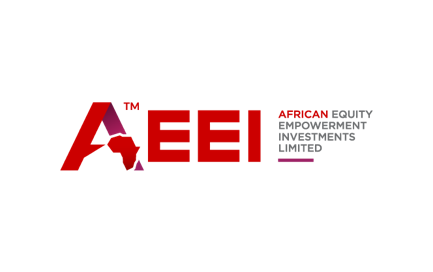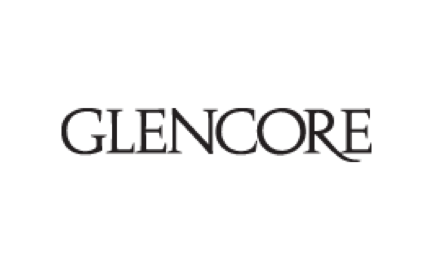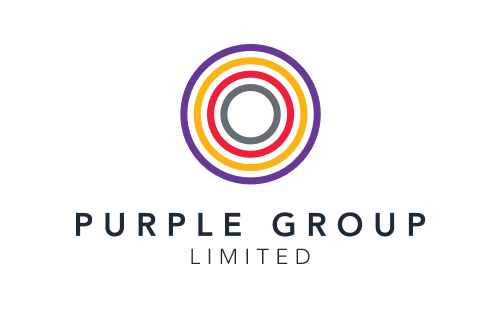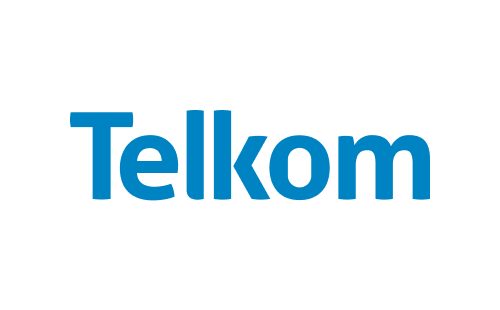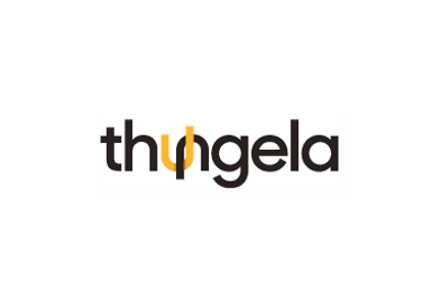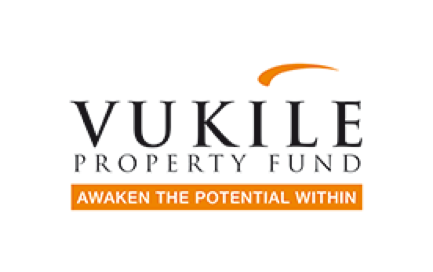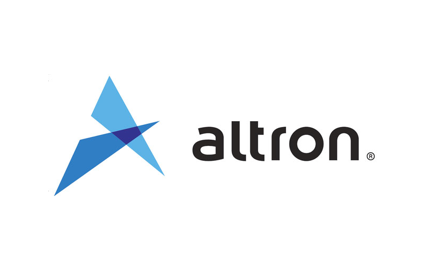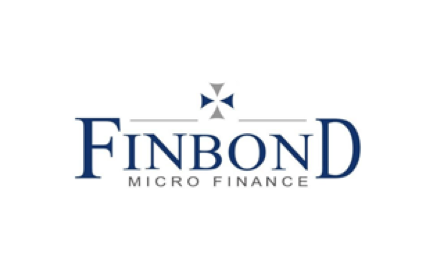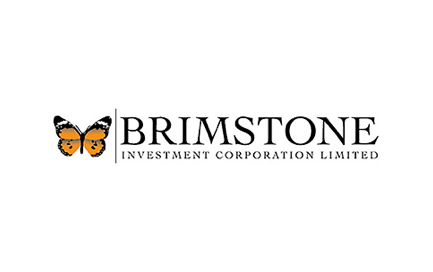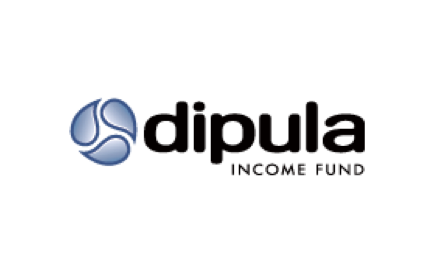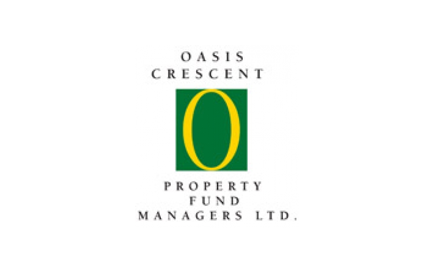AEEI: losses all round (JSE: AEE)
AYO will now be presented as a discontinued operation
The losses keep mounting in this group, with African Equity Empowerment Investments (AEEI) reporting a headline loss per share for the six months to February of between -33.08 and -35.90 cents. The headline loss per share in the comparable period was -14.06 cents.
Even if we focus on continuing operations (i.e. excluding AYO), the loss is between -28.11 and -28.31 cents vs. -1 cent in the prior period.
The company notes that an investment in a telecommunications multinational company is to blame for the loss.
Alexander Forbes rallies based on strong numbers (JSE: AFH)
Normalised HEPS growth of 31% is impressive
For the year ended March, Alexander Forbes did a solid job of demonstrating the benefits of its new strategy. With the share price up 8% by afternoon trade, there was clearly a round of applause from the market.
Although the five-year story is anything but exciting, the share price has enjoyed one-way traffic since the worst of lockdowns:
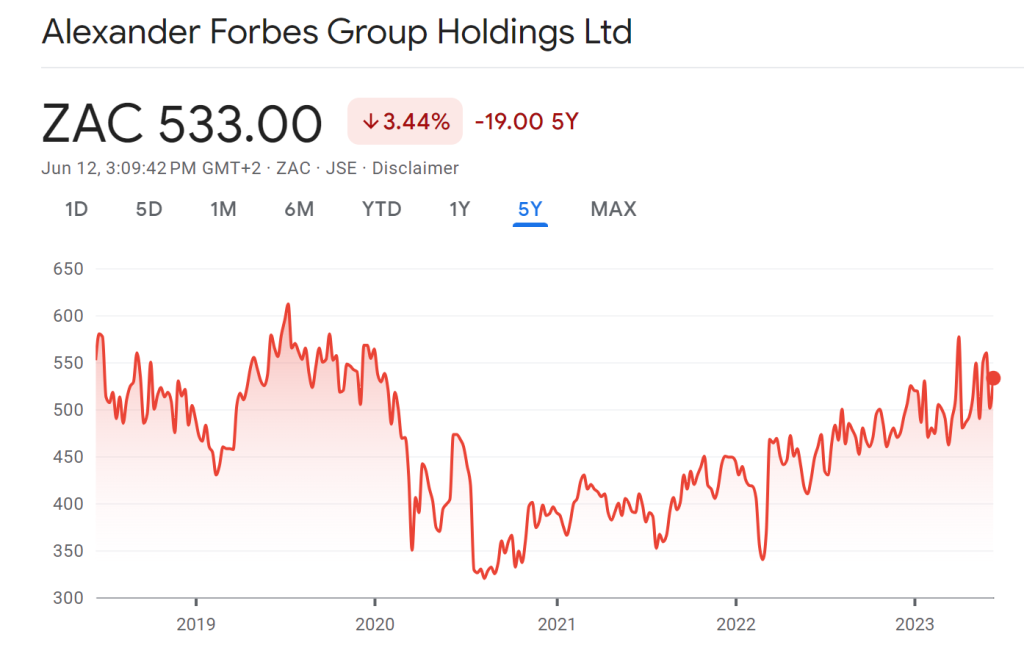
Operating income grew by 8% this year, with acquisitions contributing 200 basis points of the growth. Operating expenses grew by a similar percentage, with profit from operations up 9%. HEPS from continuing operations is up 22% and HEPS from total operations is up 44%.
The balance sheet is in great shape, evidenced by a 35% increase in the final dividend. The group also reports normalised HEPS growth of 31%, which makes sense alongside the growth in the dividend.
There was a significant amount of corporate activity, with acquisitions of EBS International and Sanlam’s retirement fund administration business, as well as Bidvest Wealth and Employee Benefits. The group disposed of AFICA to Sanlam-owned Glacier. After the end of this period on 1 June 2023, a majority interest was acquired in TSA Administration.
Highly experienced corporate leader Kuseni Dlamini has been appointed as the Chair of Alexander Forbes.
Glencore keeps pushing with Teck (JSE: GLN)
Calling all pockets for a deal here
You can’t accuse Glencore of not being persistent, that’s for sure. The courtship with Teck has been anything but smooth, with Glencore throwing more money and alternative deal structures at the problem in an effort to woo shareholders.
The Big Hairy Audacious transaction is the proposed “merger demerger” which is as complicated as it sounds. As an alternative that would give Teck’s shareholders the ability to offload the dirty coal business that gives them ESG nightmares, Glencore is willing to acquire that business (EVR) for cash.
The announcement doesn’t give an indicative value for EVR, so Glencore is playing that card close to its chest for now. If this deal happens, Glencore’s deal would be to reduce debt for a period 12 – 24 months and then demerge the enlarged CoalCo, which likely just means an unbundling to shareholders.
In that process, Glencore would need to move from a debt level of $10 billion to approximately $5 billion, otherwise the group’s debt rating could be affected.
Glencore’s flexibility in potential deal structures is very helpful in a situation where Teck’s board is pushing against doing any kind of deal with the group. Eventually, if the deal looks juicy enough, there are enough shareholder voices supporting the deal that the board has no choice but to explore options.
Lighthouse seems to be shining brightly (JSE: LTE)
Sales and footfall are up substantially in the retail portfolio
If you are a regular reader of Ghost Bites, you’ll know that Des de Beer buys shares in Lighthouse in the same way that some of us buy groceries on a weekly basis. This hasn’t been enough to prop up the share price, with even the latest pre-close update only achieving a 2.4% rally by afternoon trade.
The trend in European property funds is for rental income to be higher and property values to be flat or lower, with the rising cost of capital more than offsetting the benefit of higher net operating income.
We will have to wait for the release of results to get an updated view on valuation, but the pre-close update gives strong clues about the direction of travel for income.
In the first quarter of 2023, sales across the portfolio were up 17.2% and footfall was up 12.9%. The announcement goes into a fair bit of detail on specific leasing opportunities that I won’t rehash here. Generally, demand from tenants seems to be strong and the leases are enjoying the benefits of indexation i.e. inflationary increases.
The stake in Hammerson is far more of an issue. Lighthouse owns approximately 23% in Hammerson and has been putting plenty of pressure on the company to sort itself out, with the lack of recent dividends putting a lot of pressure upstream in Des de Beer’s broader property stable. The announcement notes some important property disposals by Hammerson and a commitment to reduce its operating expenses. I think that is strongly underplaying the level of boardroom fighting going on in the background.
Lighthouse will release interim results in mid-August.
Purple Group’s raise was oversubscribed (JSE: PPE)
Gross demand was more than 113% of the rights offer
To support the growth of EasyEquities going forward, including the international expansion, Purple Group needed to raise R105 million. Sanlam came in as underwriter, showing a commitment to invest at group level in addition to following its rights in EasyEquities itself.
The underwriter wasn’t needed in the end, as excess applications from shareholders resulted in demand for 113% of the shares being issued under the rights offer. In practice, the way it played out is that 85.66% of shares were subscribed for excluding excess applications. A further 27.91% of rights offer shares fell under excess applications, with 14.34% being issued in order to reach 100%. This means that just over half of excess applications will be awarded to shareholders who applied.
The rights offer was strongly supported by directors Mark Barnes, Paul Rutherford, Gary van Dyk, Charles Savage, Craig Carter and William Bassie Maisela.
The share price closed at 95 cents, with a drop over the last 12 months of 59% as reality set into the market. I must point out that over 5 years, the return is over 215%. Let’s see what the next 5 years will hold!
Telkom confirms media speculation (JSE: TKG)
Every dog can have its day – if the price is right
I’m generally wary of media speculation. In this case, it seems that reports over the weekend were onto something, with Telkom up by over 10% in the past week. The usual “insider trading” grumblings will fly on Twitter over this, with the concept of “buying the rumour” firmly engrained in markets. Remember, some people are also sitting and watching for price action before climbing on the bus, even if they have no idea why the price is moving.
Telkom has now released a SENS announcement dealing with the rumours and confirming that Sipho Maseko, Axian Telecom and the PIC has put in an unsolicited, non-binding indicative letter for a controlling stake in Telkom. “Non-binding indicative” is about as loose a term as you’ll ever find in the world of M&A, telling us that the fish are circling the bait but nobody has bitten just yet.
They also describe the discussions as “non-consensual” which I’m not sure is the best application of that term.
Whether from this deal or a different one, something needs to happen at Telkom to address the slide in value. On this chart, take note of how the price has come up nicely and filled the gap, which is exactly why I believe you ignore technical analysis at your peril:
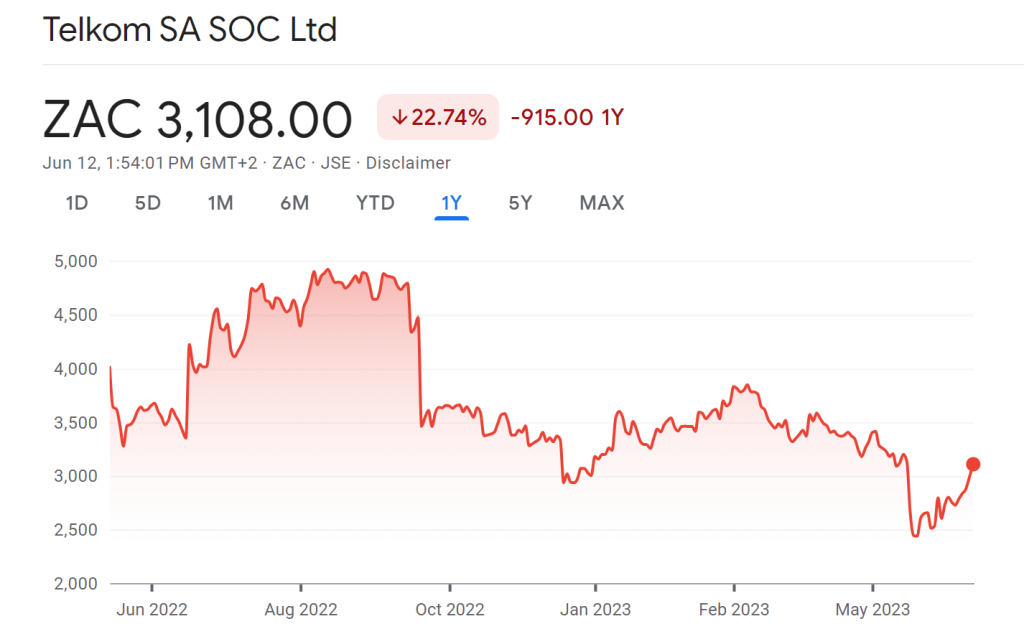
Thungela: the danger of a trailing yield (JSE: TGA)
Single-commodity groups are especially risky for investors
When it comes to single-commodity groups like Thungela, the risks are enormous for investors. If you get the timing right, the profits are extraordinary. If you get the timing wrong, you watch your money disappear. This is a perfect example of the classic risk-reward trade-off.
Chasing hype stocks is particularly dangerous, with Thungela having been a market darling of note thanks to a meteoric rise from just over R20 per share to over R370 per share. You can make a lot of money on a rise like that even if your timing is far from perfect.
Now down at R139 per share, there’s been plenty of money to lose as well. And thanks to massive dividends along the way, the trailing dividend yield is a rather hysterical 72%. This is a textbook example of why a forward yield should always be the focus, not a trailing yield. Share prices move in anticipation of the next dividend, not based on the last dividend.
The next dividend isn’t going to be nearly as exciting, with Thungela’s pre-close update for the six months to June 2023 highlighting the sharp fall in seaborne coal prices. Thungela is focused on the export market, which makes it vulnerable to Transnet Freight Rail as a first step and then export prices as a second step. In both cases, volatility is the name of the game.
After a milder-than-expected winter in Europe, coal volumes were redirected to Asia as European coal stocks were too high. Combined with weaker demand from China than anticipated and the presence of Russian coal in those markets, this was a disastrous combination for coal prices. The average realised export price year-to-date is $112.40 per tonne, way down from $229.21 in FY22.
To add insult to injury, Transnet had a weak start to the year and two derailments in May. Export saleable production has dropped by 5% year-on-year.
It doesn’t sound like lower production levels make a difference, but the impact on cost per tonne is substantial. FOB cost per export tonne is expected to be R1,230 in this period vs. R1,093 per tonne in the prior interim period. This does no favours to the profit margin when prices have come off so severely.
With all said and done, HEPS is expected to be between 66% and 75% lower than in the comparable interim period. The drop in share price over the past year is only 44%, so the market is putting a higher valuation multiple on Thungela than before. This suggests further risk to the share price.
The cash pile might have something to do with it, sitting at R14 billion at the end of May.
There are some major projects that will be funded from this cash, like the R2.4 billion capital investment at the Zibulo North Shaft and the substantial deal for the Ensham mine in Australia that will also see Thungela extend a mezzanine loan to its co-investors. The deal value is A$340 million and Thungela is taking a 75% stake in the company acquiring the asset. Combined with the mezzanine loan of $68 million, this means that Thungela is on the hook for over A$320 million of the acquisition price – or R4 billion in today’s money.
Cash piles can disappear rather quickly, with investors waiting to see how big the dividend will be.
Vukile grows its NAV and dividend (JSE: VKE)
But the share price has gone the other way in the past year
Vukile Property Fund has released results for the year ended March 2023. They look pretty good, with one of the highlights being a swing to positive rental reversions in South Africa and a reduction in vacancies. The Spanish portfolio is doing even better, with growth in net operating income (NOI) of 9.0% vs. 5.4% in South Africa, although one of those numbers is on a normalised basis and the other on a like-for-like basis.
The loan-to-value ratio is 42.6% which is on the high side, although 89% of interest-bearing debt is hedged and there are no maturities in Spain until FY26.
There has been quite a bit of recycling of capital, as well as a R700 million equity raise since year-end. This is despite the significant discount to the net asset value (NAV) per share that has plagued local property funds. Speaking of the NAV, that’s up by 14.3% to R20.48 per share. The current share price is R13.04.
Funds From Operations increased by 6% and the total dividend was up 6.2%.
With 56% of the fund’s direct property investments located in Spain, this is a decent rand hedge that offers some protection against local consumer pressures. Notably, the outlook section includes a comment that higher interest rates are now having an observable negative impact on local consumers.
Between load shedding and interest rates, the share price is down 12% over the past 12 months.
Little Bites:
- Director dealings:
- The quantum of an institutional purchase linked to directors always needs to be treated with caution, but the direction is always worth noting. Value Capital Partners, which has board representation at Altron (JSE: AEL), has bought shares worth R30 million.
- I was rather surprised to see a purchase of Finbond (JSE: FGL) shares worth R18.2 million by Protea Asset Management, liked to director Sean Riskowitz. This fund has taken some massive knocks in the past and I didn’t realise that there is still liquidity there for purchases.
- An entity linked to a founder of Brimstone Investment Corporation (JSE: BRT) has acquired shares worth R8.2k.
- Dipula Income Fund (JSE: DIB) is effectively using its distribution as a mini-rights offer, having given shareholders the option to reinvest the distribution at a price that is well below the net asset value (NAV) per share (as per usual for local property funds). Even at a reinvestment price of R3.52 that is slightly below the existing share price, it doesn’t say much for the market’s belief in the NAV that holders of only 28.07% of shares elected the redistribution option. The rest were happy to take the cash and run. Dipula retained R64 million in equity as a result of this option.
- Oasis Crescent Property Fund (JSE: OAS) announced that 45.4% of unitholders elected to receive the cash distribution and the rest opted to reinvest their distributions.
- African Bank has appointed a new CFO and Chief Compliance Officer. When will we see the company return to the JSE?




